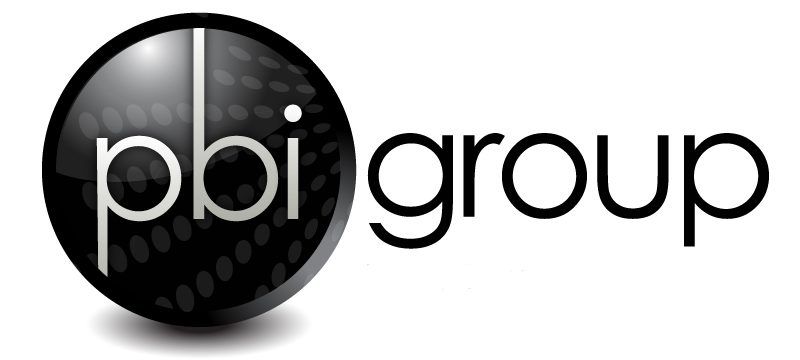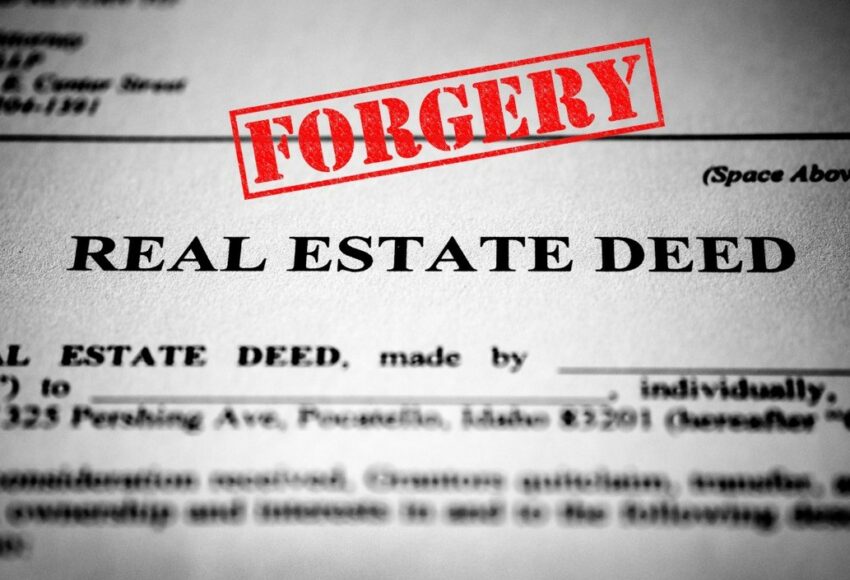In legal claims against real estate agencies and their agents, plaintiffs often focus on issues with the selling of the home, such as failing to disclose damage to the property in question or misrepresenting material facts during the transaction. It is far less common for agents to be sued for buying a home, yet this is a risk for agents to be aware of.
The Claim
Real estate agents are also entrepreneurs. If a property appears to be a good investment, many agents will facilitate the purchase of a home or property for their own uses. In a case that occurred in California this March, a real estate agent was representing a client to sell his home. However, the agent was also in the market for an investment property to purchase. The agent indicated that the property owner could make more money if they listed the property, but the agent was willing to purchase it himself immediately, but at a lower price. The owner accepted the agent’s offer.
In June, the agent turned around and sold the investment property for a substantial premium over his initial purchase price. The original seller was upset about the lost potential profit and sued the agent for the difference of the price of the original March sale and the June investment sale.
Prior to the March sale, the agent also in the legal claim made assertions that interest rates would skyrocket at some point during or after the pandemic. Faced with these predictions, and fearing a missed sales opportunity, the homeowner took the agent’s offer even though it was lower than his original asking price. These two factors – the quick flip for profit and the agent’s assertions — ultimately led to the homeowner’s decision to file a legal claim. The homeowner sued the real estate agent and his agency for $185,000, arguing that he was misled by the agent in terms of market conditions.
What Went Wrong
The COVID-19 pandemic has created numerous challenges for businesses, including those in the real estate sector. No one could have accurately predicted the pandemic’s effects on the market, especially regarding both home pricing and potential fluctuations in availability and interest rates. In the above case, the agent’s attempt to provide a professional opinion became a binding contract when the homeowner agreed to the home sale. By then selling the home on the open market for a higher margin, the agent and his real estate firm appeared to have taken advantage of their knowledge for personal profit in the eyes of the original property owner.
Agents must be aware that their words and actions can be held against them in the future. Even with knowledge of market conditions, agents should steer clear of making predictions about interest rates and market fluctuations. In this case, a simple prediction resulted in an expensive lawsuit and a claim against E&O insurance.
Interested in PBI Group generating an E&O insurance quote for your real estate agency? Click here.






